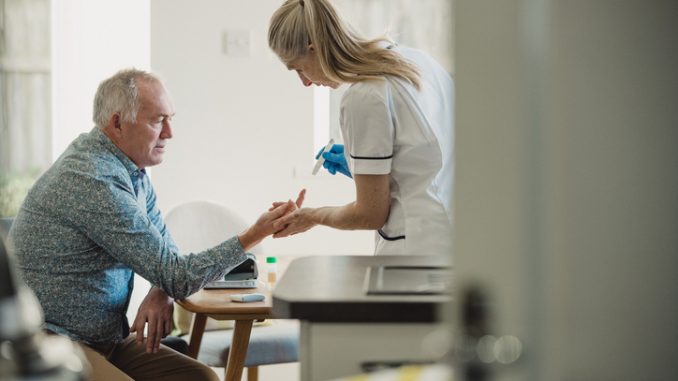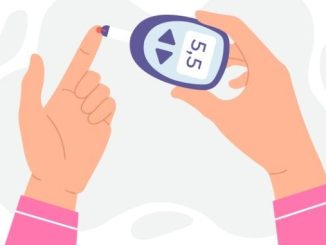
New technology will help type 1 diabetes patients manage insulin automatically, reducing the need for injections and preventing severe complications
These groundbreaking devices continually monitor the individual’s glucose levels and then automatically adjust the amount of insulin given to them through a pump.
The NHS is a global leader in rolling out the cutting-edge technology to patients, with industry choosing the UK as a first-choice destination to launch the latest products in this space.
Local NHS systems have been identifying eligible people living with type 1 diabetes who could benefit from the Hybrid Closed Loop (HCL) system – sometimes called an artificial pancreas – since April 2024, but thanks to these new price agreements and additional national funding, more patients are set to benefit this year.
NHS England is providing £14.1m to local health systems to provide the technology to patients for the first year.
There are currently around 270,000 people living in England with type 1 diabetes. NHS England is encouraging all prescribing trusts to review patients that are eligible for HCL and already using other diabetes technology including continuous glucose monitors (CGM) and insulin pumps.
The new cost-effective prices are available to all eligible NHS patients benefitting from this technology, meaning the NHS will make considerable savings.
The technology will mean some people living with type 1 diabetes will no longer need to inject themselves with insulin but rely on technology to receive this life saving medication.
This can also help prevent life-threatening hypoglycaemic and hyperglycaemia attacks, which can lead to seizures, coma or even death for people living with type 1 diabetes.
The mass rollout of the artificial pancreas builds on a successful pilot of the technology by NHS England, which saw 835 adults and children with type 1 diabetes given devices to improve the management of their condition.
The latest figures show that the NHS currently spends around £10.7 billion each year – around 6% of its entire budget – on identifying and treating diabetes.
The National Institute of Health Care and Excellence (NICE) approved the NHS’s roll-out of the technology in December 2023.
Since the NICE announcement, NHS England has published a 5-year implementation strategy, setting out a timeline for how local systems will provide the Hybrid Closed Loop system for eligible patients from 1 April 2024.
NICE recommends the devices should be rolled out to children and young people under 19 with type 1 diabetes, pregnant women with type 1 diabetes, and adults who would benefit from this new technology to help manage high glucose levels.
This will be a phased roll out over five years, as the specialist clinical workforce in adult services build the skills in order to prescribe HCL systems.


Be the first to comment